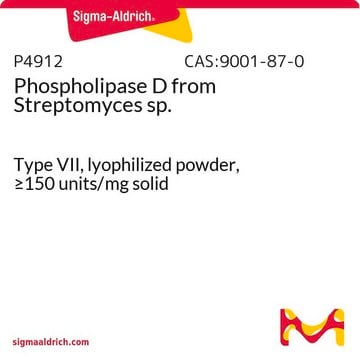ES-R1-EYFP YC5/EYFP
07072002, mouse embryo. Monolayer of spheroidal cells on feeder layer of PMEFs.
Synonym(s):
ES-R 1, ES-R-1, ESR-1, ESR1
About This Item
Recommended Products
product name
ES-R1-EYFP YC5/EYFP, 07072002
biological source
mouse embryo
growth mode
Adherent
karyotype
Not specified
morphology
Adherent monolayer of spheroidal cells on feeder layer of mouse primary embryonic fibroblasts
products
Not specified
receptors
Not specified
technique(s)
cell culture | mammalian: suitable
shipped in
dry ice
Looking for similar products? Visit Product Comparison Guide
Cell Line Origin
Cell Line Description
Culture Medium
Subculture Routine
Other Notes
Disclaimer
Certificates of Analysis (COA)
Search for Certificates of Analysis (COA) by entering the products Lot/Batch Number. Lot and Batch Numbers can be found on a product’s label following the words ‘Lot’ or ‘Batch’.
Already Own This Product?
Find documentation for the products that you have recently purchased in the Document Library.
Our team of scientists has experience in all areas of research including Life Science, Material Science, Chemical Synthesis, Chromatography, Analytical and many others.
Contact Technical Service








